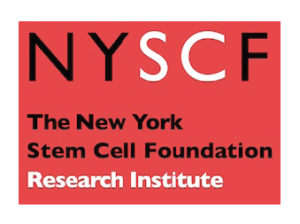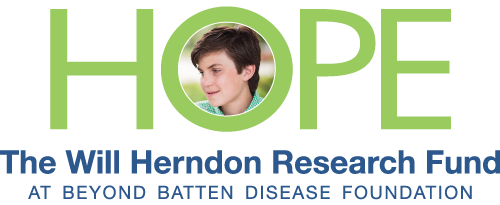FOR IMMEDIATE RELEASE
Contact:
Missy Herndon
Founder, The Will Herndon Research Fund
hope@willherndon.org
713-557-0219
LAUREN TRICE NAMED DIRECTOR OF THE WILL HERNDON RESEARCH FUND AT BEYOND BATTEN DISEASE FOUNDATION
THE WOODLANDS (January 12, 2017) – Beyond Batten Disease Foundation (BBDF) is pleased to announce its recent hire of Lauren Trice, who joins the team as the Director of The Will Herndon Research Fund. In this role, Trice will oversee the management, development, and operations for the fund.
“I am honored and humbled to serve during a critical time for the research of juvenile Batten disease,” says Trice. “I believe that with the continued support of our community, we will raise awareness and funds to accelerate the research for a treatment or cure.”
Trice, a resident of The Woodlands, comes to BBDF with experience in various marketing and public relations capacities since 2006. Most recently, she served as the Corporate Market Director for the American Heart Association (AHA) in Montgomery County. In this role, she was awarded the Rome Betts Award of Excellence, which is the most prestigious national staff award given by the AHA.
“Lauren brings a wealth of knowledge, skills and a mission-based focus to our organization that we feel confident will help us meet our ultimate goal to fund a life-saving treatment to save Will and the hundreds of other children affected with this disease,” said Missy Herndon, founder of The Will Herndon Research Fund. “Collaborative research efforts have led us to potentially one of the most promising treatments in the history of juvenile Batten disease. We are grateful to have Lauren leading the local efforts to help see this research come to fruition in Will’s lifetime.”
For more information on The Will Herndon Research Fund, visit www.willherndon.org or www.beyondbatten.org.
###
ABOUT THE WILL HERNDON RESEARCH FUND
The Fund was established in 2009 by Missy and Wayne Herndon, in honor of their son Will, who was diagnosed with juvenile Batten disease at the age of 6. This rare, fatal, genetic disease attacks an otherwise healthy child, beginning with vision loss, declining cognitive skills and seizures. Batten disease is fatal, most often by the late teens or early twenties. Our goal is to SAVE WILL, and the hundreds of other children stricken with juvenile Batten disease. We have HOPE, but we need your help in this race against time. To learn more or to get involved, call 832-610-5995, or visit willherndon.org.
ABOUT BEYOND BATTEN DISEASE FOUNDATION
Beyond Batten Disease Foundation (BBDF) is the world’s largest nonprofit organization dedicated to funding research for a treatment and cure for juvenile (CLN3) Batten Disease. Since its inception in 2008, over $16 million has been invested in research by leveraging donations, co-funding and strategic partnerships. BBDF is spearheading a unique, cohesive strategy, incorporating independent scientific resources and collaboration with related organizations to drive research in juvenile Batten Disease. Today there is a treatment in sight. BBDF funded research has discovered a drug that slows the progression of the disease in Batten models. The foundation has launched a 24 month $6 million campaign to advance the treatment to clinical trials. More information can be found at www.beyondbatten.org.





